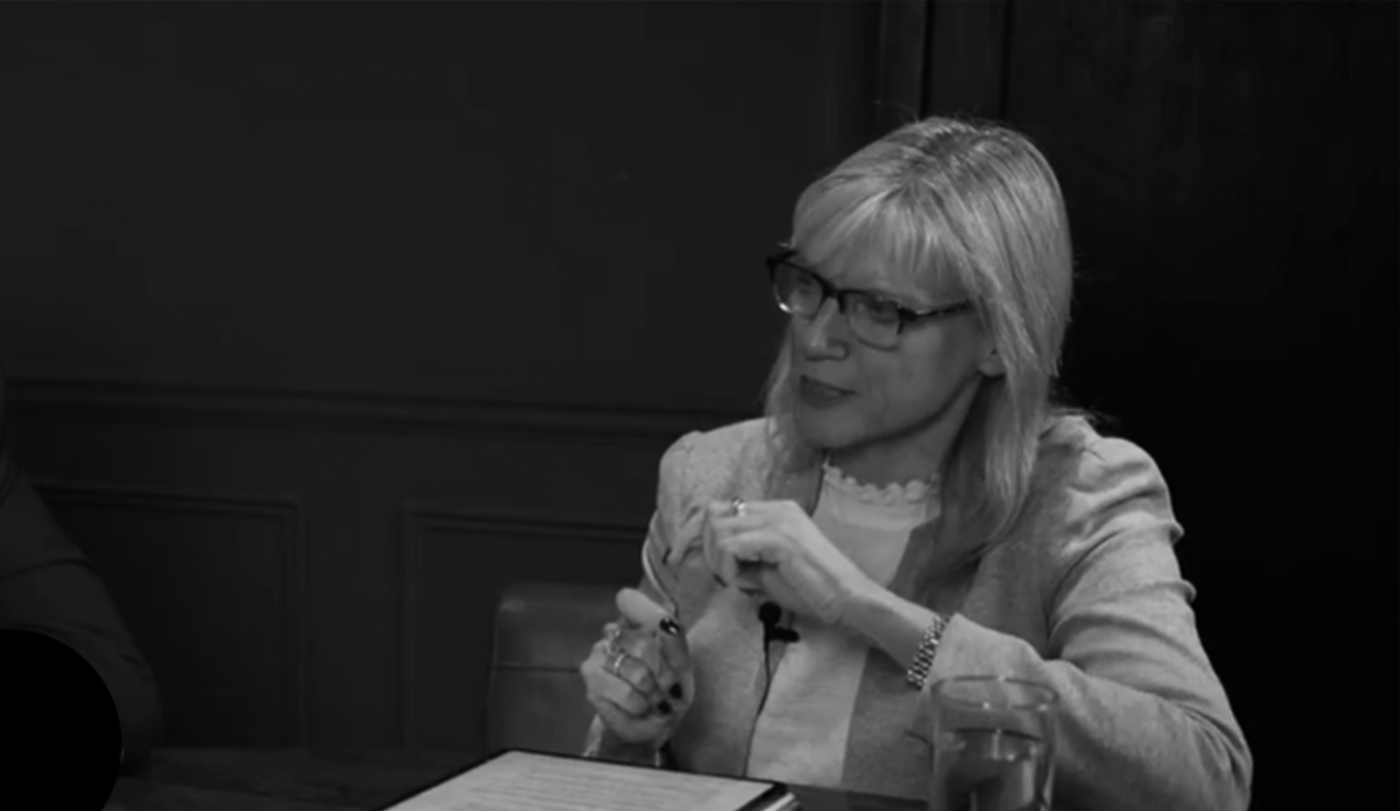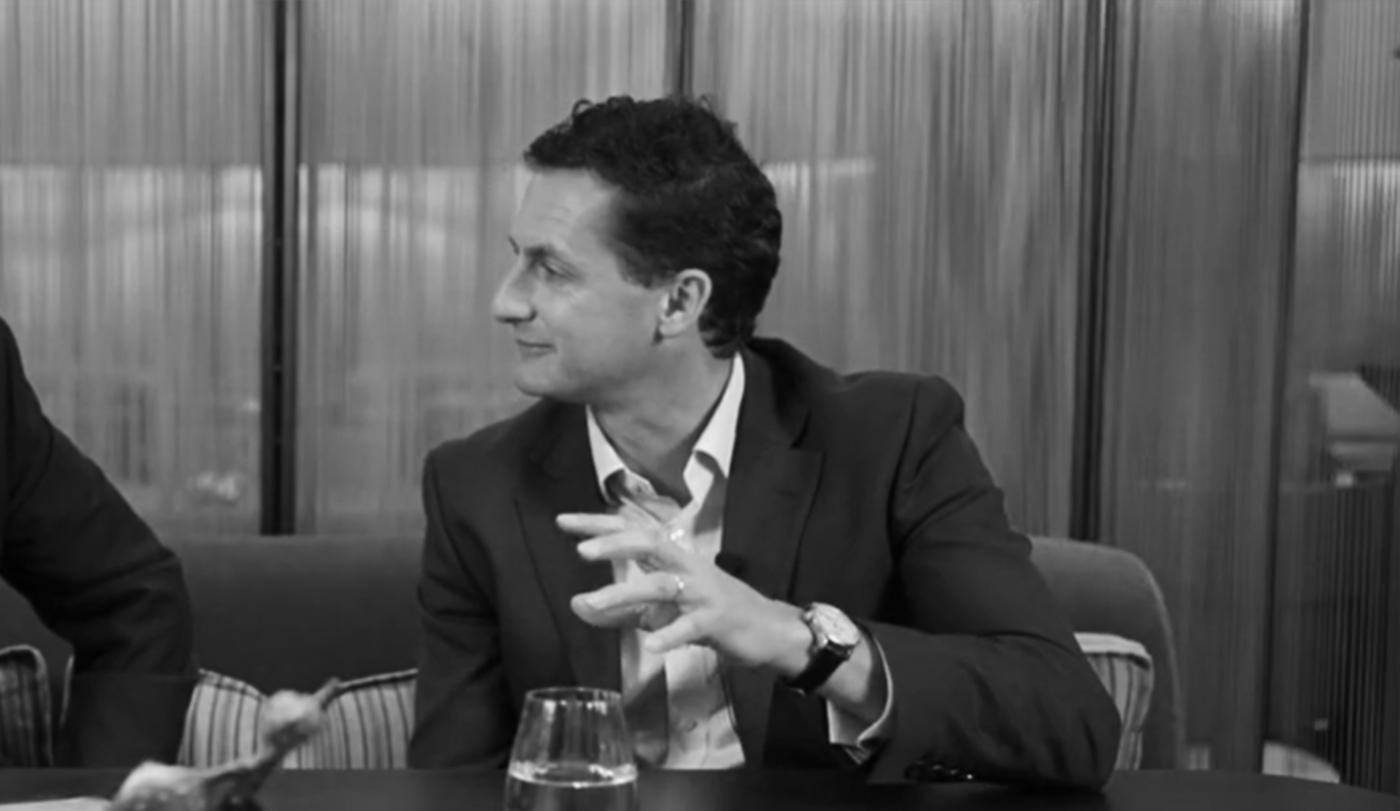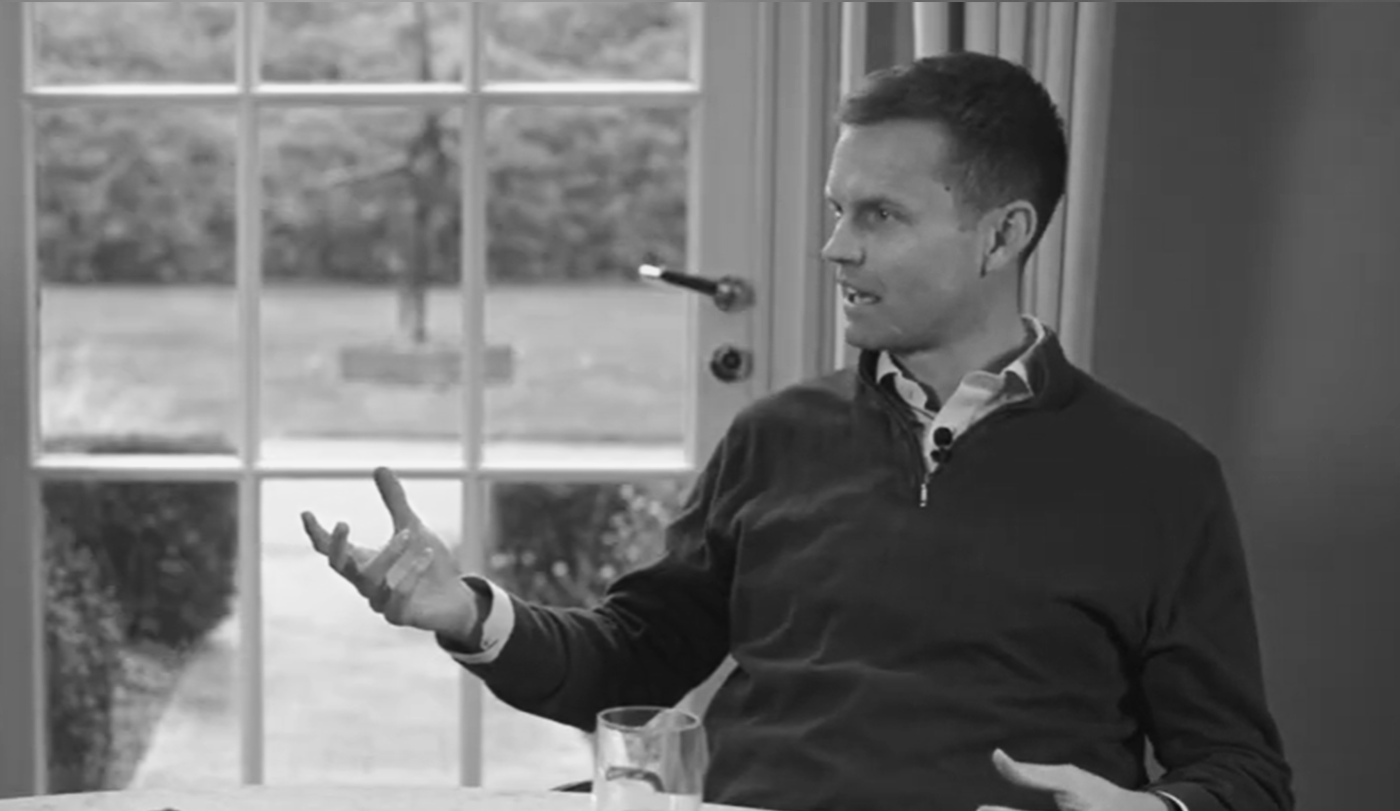On the return of genuine cost of capital, lack of humility being a red flag in manager selection and driving 4,000 miles for charity in a Robin Reliant
In our regular video series, we interviewing the wealth sector’s key decision-makers to discover how they think about life, both within the world of investment and beyond it; what brought them into the business and what keeps them here; and what makes them and their companies tick
The implications of a return of “a genuine cost of capital” for businesses – and the funds that own them – is the aspect of markets currently most interesting Rob Burdett, head of multi-manager at Nedgroup Investments.
Talking with Wealthwise editorial director Julian Marr in the above video, he says: “With interest rates having risen and with the volatility and expectations for rate cuts or otherwise, that creates opportunities for decent returns – whatever your style, whatever market you are in. So, after the 15 years or so post-GFC of zero to negative rates, I think this is the most exciting thing about markets right now.”
We don’t think there is a right or a wrong way to run money but good managers work out something that works for them and it is up to us to know what they need for that to persist.”
Given a cost of capital raises the stakes for businesses as poor capital allocation decisions effectively no longer receive a ‘free pass’, it should be good news for active fund managers as they look to prove their worth versus their passive rivals. What qualities then are Burdett and his team most looking for in an investment? And what do they see as red flags?
“What we are looking for – both in a fund manager and also so that we understand the fund and the manager ourselves – is either an individual or a team that has found a way of running money that works for them,” he replies. “We don’t think there is a right or a wrong way to do that but good managers work out something that works for them and it is up to us to know what they need for that to persist – be it the team they are with, the market conditions, the amount of money they’re running … these are things that we look for.”
‘Lack of humility’
What about red flags? “A lack of humility is a bit of a warning sign,” says Burdett. “That could be quite mild – for example, it could be focusing on what I would call ‘career risk’, so relative returns and peer group rankings, rather than the absolute loss of capital and making money over the long term in absolute terms.”
And, without necessarily expecting any names to be named, what is the worst example of a lack of humility Burdett has come across in his more than three decades in this business? “When I first met Anthony Bolton, I was rude enough to ask him how many decisions he got right,” he replies.
“He answered between 55% and 60%, which I thought was low at the time but has been borne out by other great managers since then – and it is running the winners and cutting the losers that makes sense. I have met managers, however, who claim they are getting 80% to 90% of their decisions right – and that is quite egregious, in my view.”
You can view the whole video by clicking on the picture above. To jump to a specific question, just click on the relevant timecode below:
00.00: Introduction
00.48: What excites you about the current investment outlook? What worries you?
01.56: What do you most look for in an individual investment? What constitute ‘red flags’?
03.43: To what degree should professional investors be thinking beyond so-called ‘traditional’ investments? Towards what?
06.04: What drives your approach to client communications? Should professional investors aim to attract the ‘right’ type of client?
07.28: What was your path into investment – and, if you hadn’t taken it, what do you think you would be doing now?
09.03: What was the biggest investment mistake you are prepared to admit to – and what did you learn from it?
10.28: Outside of work, what is the strangest thing you have ever seen or done?
11.57: What are your best and worst-case scenarios for the future of wealth in the UK?
12.58: Two ‘Choice Words’ recommendations, please – one a book; one a free choice?









